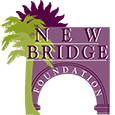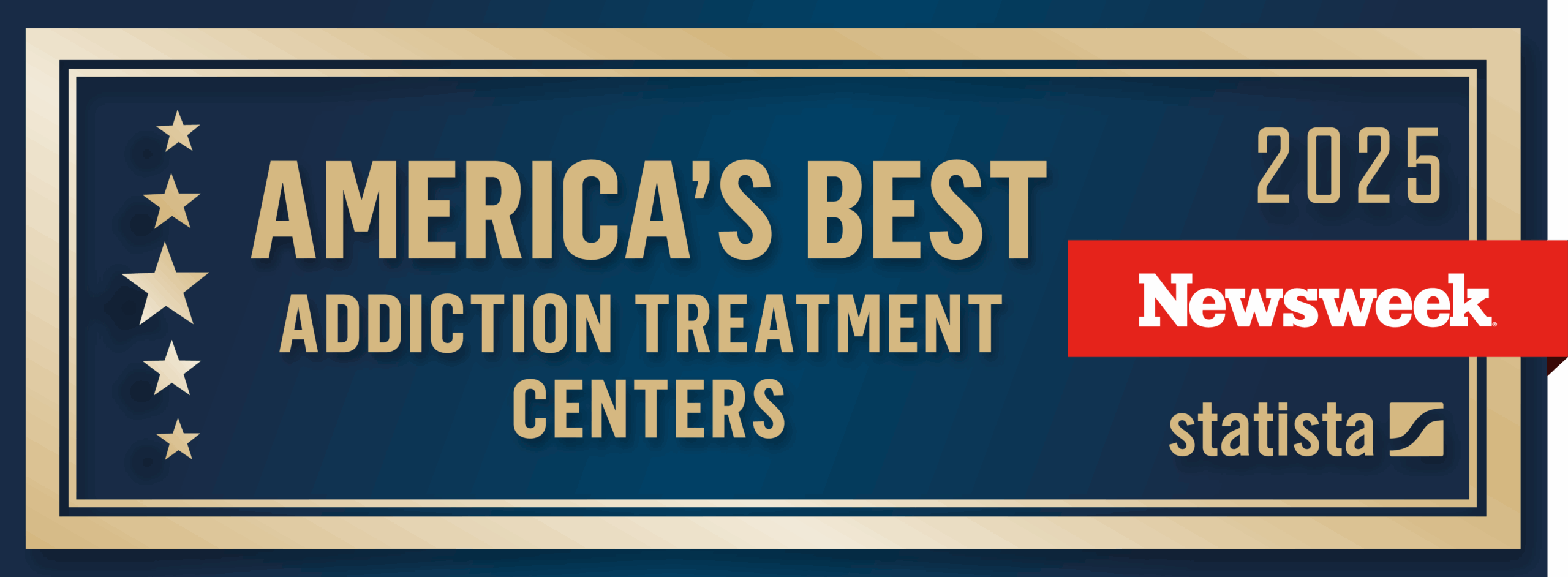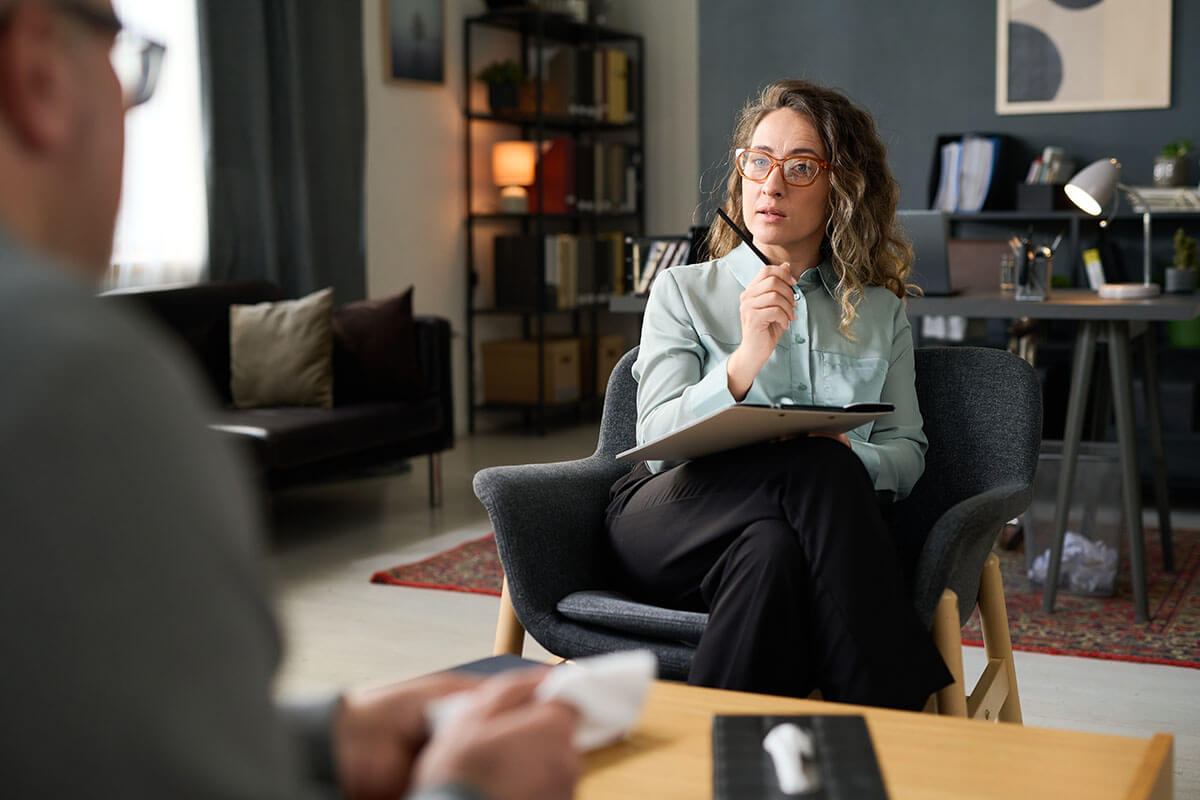Ready to tackle recovery head-on? At New Bridge Foundation®, your journey includes a blend of counseling methods—each playing its unique part in your path to sobriety. Central to this approach is individual counseling. Why? Because sometimes, the deepest insights come from a one-on-one conversation. In these sessions—just you and your counselor—you’ll dive into the intricacies of your experiences with substance use. What triggers your cravings? How do you respond to stress? Together, you’ll explore the underlying causes of addiction, build healthy coping skills, and celebrate your successes in recovery.
Every Session Is a Gateway to Change
Individual counseling is a key part of getting better because it’s all about you.
In these one-on-one sessions, your counselor focuses solely on your needs. What sets off your urge to use? What emotions are you struggling with? Here, you can share anything—your worries, your setbacks, and your successes—knowing it’s all confidential. This trust helps you deal with deep issues more openly and builds a strong foundation for your recovery.
Individual sessions are part of an approach to substance use disorder treatment that also includes group counseling. Group sessions give participants the opportunity to connect with others in recovery, and they also allow participants to spend more time in counseling than would be possible in one-on-one sessions alone. In groups, you’ll learn about the journey your peers are on in recovery and the challenges they’re navigating. In individual sessions, you can bring those topics to your counselor and talk through how to move forward.
Each session, whether in a group or individual setting, brings you a step closer to lifelong recovery.
Making the Most of Individual Counseling
In the quiet, confidential setting of a counselor’s office, you have the space to delve into what truly affects your substance use. This could be stress triggers, emotional turmoil, or unresolved conflicts—areas sometimes too personal or complex to fully explore in group settings.
Here’s how you can make the most of each individual counseling session:
- Be open and honest – The more forthcoming you are, the more your counselor can help you navigate your feelings and reactions. This honesty paves the way for genuine change.
- Set personal goals – Work with your counselor to define clear, achievable goals for your recovery. Each session can then be used to track your progress and recalibrate as needed.
- Ask questions – Use the time to seek advice on anything that’s unclear or troubling you about your recovery. Your counselor can provide insights and strategies that you might not have considered.
- Reflect – After each session, take some time to reflect on what was discussed. Consider journaling your thoughts and feelings to reinforce your learning and observe your progress over time.
Every conversation is a step towards a deeper understanding of yourself and a stronger foundation for your sobriety.
Should I Go to Counseling After Treatment?
If you’re on a recovery journey, you know that your time in a treatment center is just a part of your story. Ongoing counseling can help cement the healthy coping skills you build in treatment, can help you navigate unforeseen challenges in everyday life, and can help you with co-occurring mental health conditions like depression or anxiety. One of the best things you can do for your recovery is to stay connected to care.
Call New Bridge Foundation® Today to Start a Journey of Growth
Voted one of America’s “Best Addiction Treatment Centers” by Newsweek five years in a row, New Bridge Foundation® offers unparalleled care that is compassionate, confidential, and customized to meet your needs. From medically monitored detox to individual counseling sessions and free aftercare for life, our services meet clients where they are and help them reach their goals.
We’re ready to help you or a loved one on the journey to recovery. Call 866.772.8491 or reach out to us online to get started.








